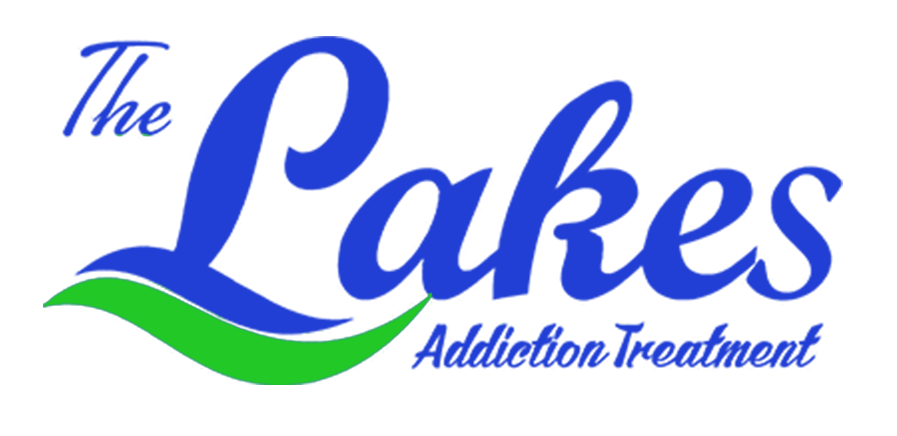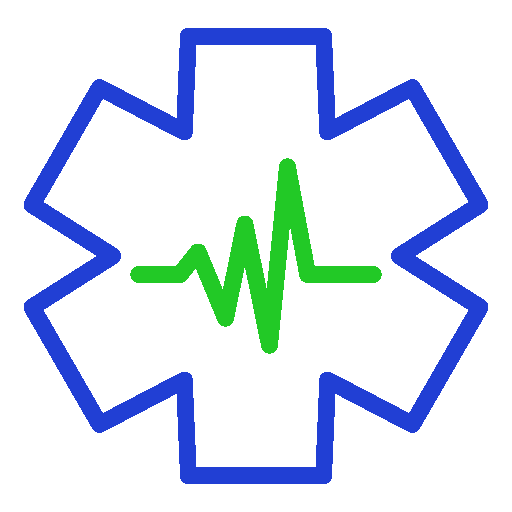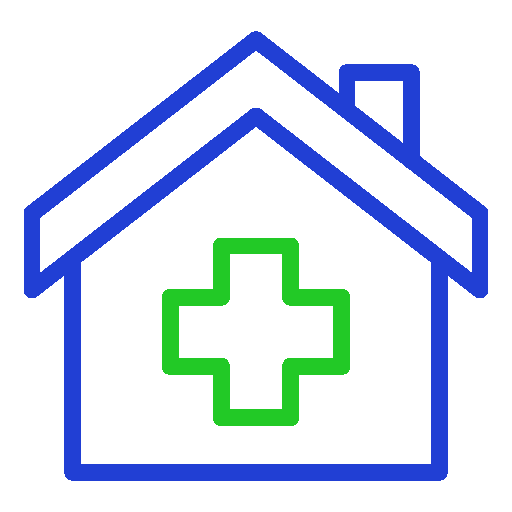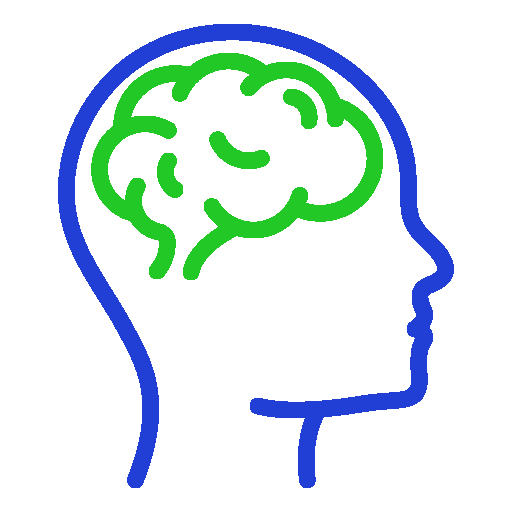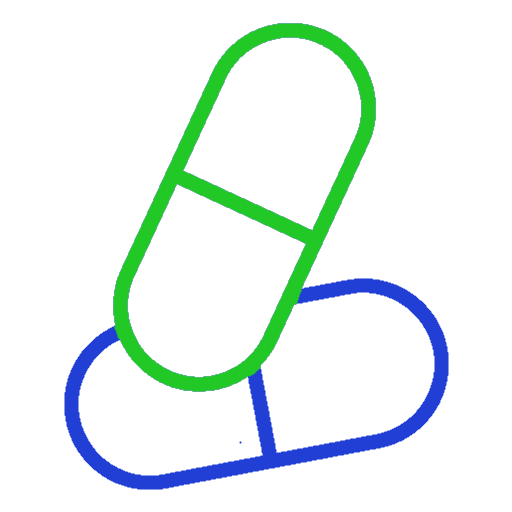When it comes to seeking treatment for a substance use disorder, there are a lot of important factors to consider. One of these is whether you also suffer from a mental health disorder. This is called a dual diagnosis, and it’s essential to seek treatment for both disorders simultaneously.
Keep reading to learn more about what it means and why it is so crucial to addiction recovery.
What Is Dual Diagnosis?
A dual diagnosis, also known as co-occurring disorders or co-occurring disorder, occurs when someone suffers from both a substance use disorder and a mental health disorder. These can be two disorders that are entirely independent of each other, or they can be two disorders that are linked.
Co-occurring disorders can encompass a variety of mental disorders such as depression, anxiety, and post-traumatic stress disorder (PTSD), alongside substance use disorders such as addiction to alcohol, opioids, or other substances. For example, someone with an anxiety disorder may turn to alcohol to self-medicate, leading to addiction.
Defining Mental Health Disorders and Substance Use Disorders
A mental health disorder is a condition that significantly impacts an individual’s mood, thinking, and behavior. Examples include depression, anxiety, and bipolar disorder. These disorders can disrupt daily life, affecting relationships, work, and overall quality of life.
On the other hand, a substance use disorder is characterized by the harmful or hazardous use of substances such as alcohol, opioids, or other drugs. This misuse leads to negative consequences on an individual’s physical and mental health, often exacerbating existing mental health issues. Both mental health disorders and substance use disorders require comprehensive treatment to address their profound impact on an individual’s life.
Why Is Dual Diagnosis Treatment Important?
It’s important to seek treatment for both disorders simultaneously because they can affect each other. For example, someone with an anxiety disorder may be more likely to relapse if they don’t receive treatment for their anxiety. An effective addiction treatment program must address both the mental health disorder and the substance use disorder to ensure comprehensive care.
The Need for Integrated Treatment
Integrated treatment is vital for individuals with co-occurring disorders. This approach involves addressing both the mental health disorder and the substance use disorder at the same time, rather than treating them separately. Integrated treatment has been shown to lead to better outcomes, including improved mental health, reduced substance use, and enhanced quality of life.
By tackling both conditions simultaneously, healthcare providers can equip individuals with the necessary skills and strategies to manage their symptoms and achieve sustained recovery. This comprehensive approach ensures that all aspects of an individual’s health are considered, promoting a more successful and enduring recovery journey.
Prevalence of Co-Occurring Disorders in Individuals with Mental Illness
Co-occurring disorders are prevalent among individuals with mental illness. According to the Substance Abuse and Mental Health Services Administration (SAMHSA), approximately 7.9 million adults in the United States experience co-occurring disorders, representing about 3.4% of the adult population. Individuals with mental illness are at a heightened risk of developing a substance use disorder, and vice versa.
Understanding the prevalence of co-occurring disorders is crucial for developing effective treatment strategies and improving outcomes for those affected. By recognizing the widespread nature of these conditions, healthcare providers can better address the needs of individuals with mental illness and substance use disorders, leading to more effective and comprehensive care.
Examples of Dual-Diagnosis Treatment
Dual-diagnosis patients require specialized treatment approaches that address both their mental health and substance use disorders. There are various ways to treat dual-diagnosis conditions, and the most effective approach depends on the individual. Some common approaches include:
- Cognitive-behavioral therapy: This type of therapy can help people change their thoughts and behaviors to better cope with their disorders.
- Dialectical behavior therapy: This therapy can help people manage their emotions and improve their relationships.
- Medication: Medication can be used to treat both substance use disorders and serious mental illnesses, providing relief from severe symptoms. Medications can also help manage withdrawal symptoms, making the recovery process more manageable for individuals with co-occurring disorders.
Get California Substance Use Disorder Treatment with The Lakes Treatment Center
If you or someone you know suffers from a substance use disorder and a mental health disorder, it’s important to seek dual diagnosis treatment. At The Lakes Treatment Center, we offer comprehensive addiction treatment programs for both addiction and mental health. Our dual-diagnosis treatment facility was specifically designed to address mental health disorders and substance use disorders simultaneously, providing comprehensive care for individuals with co-occurring conditions.
Our programs are designed to address a variety of mental illnesses, ensuring that each individual’s unique needs are met. We also provide access to support groups, which are a critical component of the recovery process, offering a safe space for individuals to share their experiences and build supportive relationships.
Contact us today to learn more about our services and find hope and healing from your dual diagnosis treatment.
